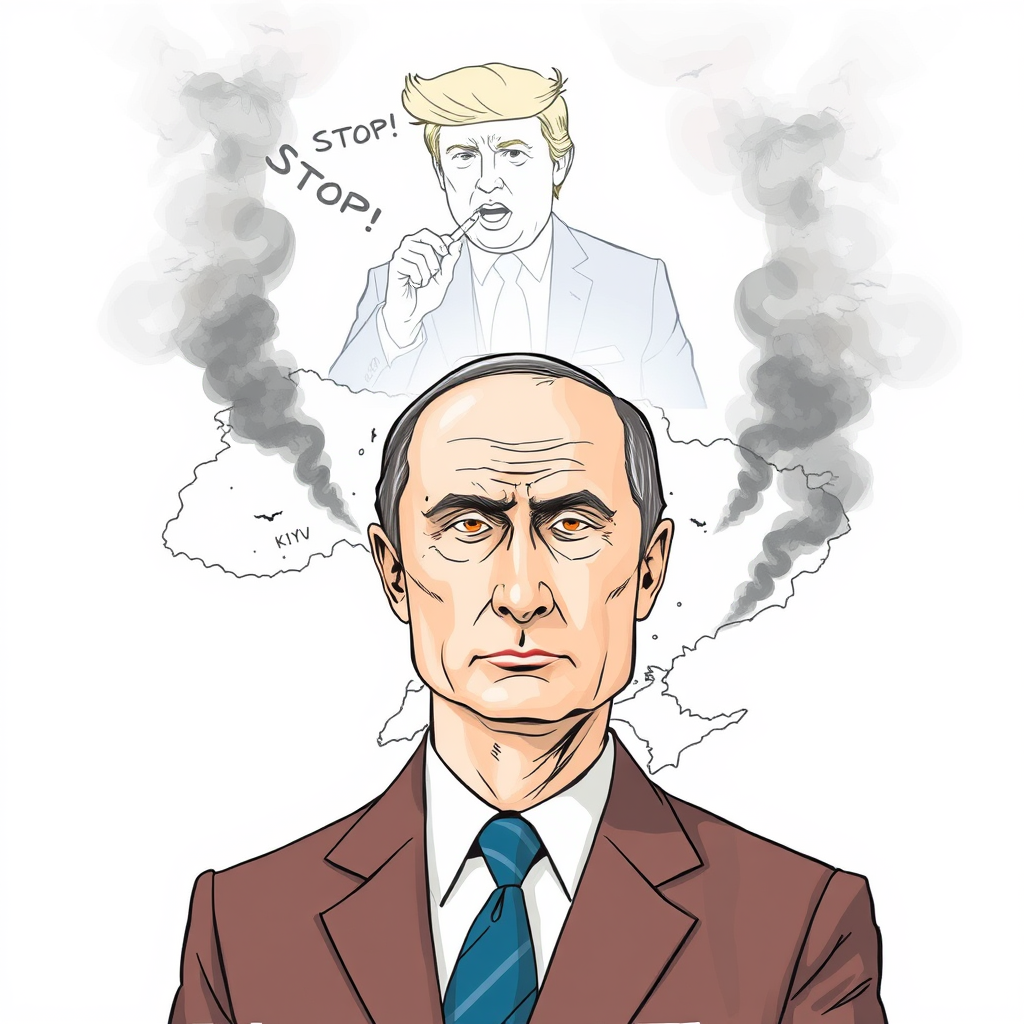Russia's Attack: A Message to Trump?

Former NATO Supreme Allied Commander Admiral James Stavridis believes a recent large-scale Russian attack on Kyiv was a direct, defiant message to former President Donald Trump following his statements regarding potential peace negotiations with Russia. The attack, which killed at least 12 and injured 90 according to The New York Times, occurred shortly after Trump publicly claimed he was leveraging his influence to pressure Vladimir Putin.
During a press conference with the Norwegian prime minister, Trump outlined a proposed peace deal that would effectively cede Crimea and 20% of Ukrainian territory to Russia, framing it as a limitation of Putin’s ambitions. Immediately following the attack, Trump posted on his Truth Social platform, urging Putin to “STOP!” and labeling the strikes “Not necessary, and very bad timing.”
Admiral Stavridis, speaking to CNN, interpreted the timing and severity of the attack as a clear signal from Russia asserting its independence from perceived U.S. direction. “It looks to me like a signal to the White House that, ‘You’re not calling my shots for me,’” Stavridis stated, adding that the attack felt like a deliberate act of disrespect towards Trump. He believes the administration is now considering further sanctions and increased military aid to Ukraine in response.
The attack has drawn widespread criticism of Trump’s approach. CNN commentator Ana Navarro dismissed Trump’s social media post as ineffective, suggesting Putin wouldn’t perceive it as a genuine threat. Former American diplomat Ned Price, appearing on MSNBC, characterized Trump’s Oval Office comments as “a lot of bluster and a lot of lies.”
The situation highlights a deeply concerning dynamic. While negotiation is ultimately desirable, the perception that a former president’s statements could be interpreted as weakness or a lack of resolve by an adversarial power is profoundly dangerous. Russia’s actions suggest a calculated effort to demonstrate its autonomy and disregard for external pressure, particularly in the context of ongoing diplomatic efforts. The attack underscores the critical need for a unified and resolute stance against aggression, and a careful consideration of how public statements might be perceived by those actively engaged in conflict.